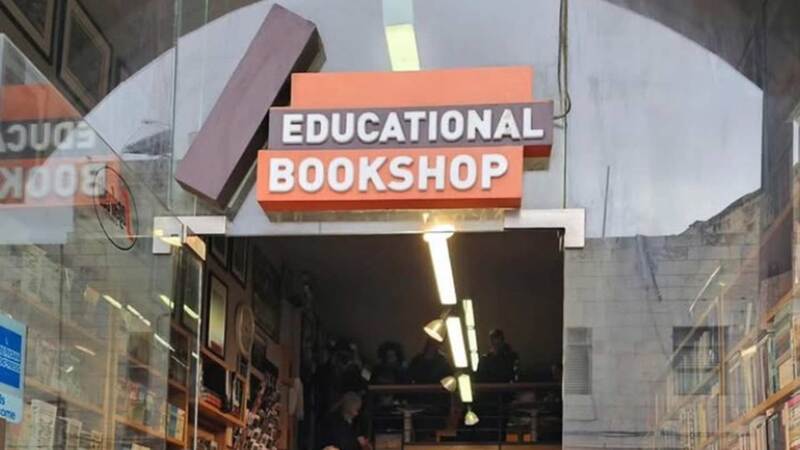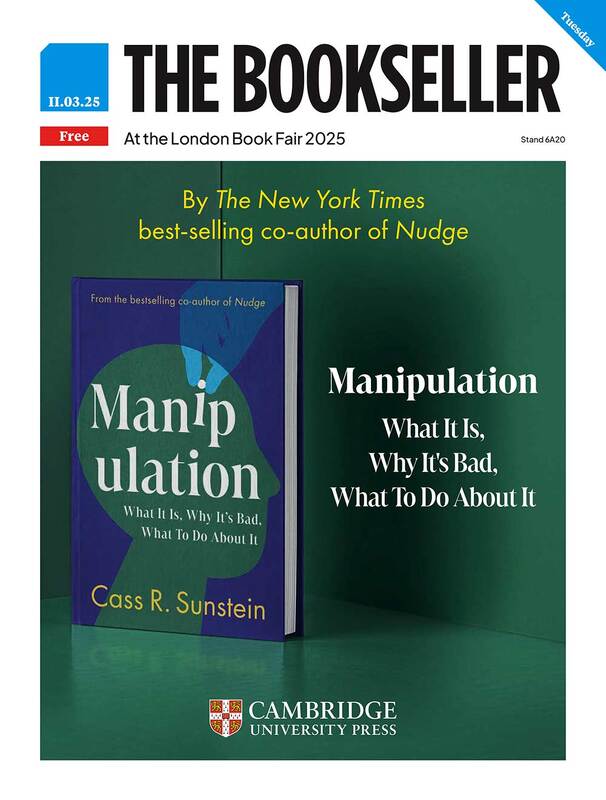You are viewing your 1 free article this month. Login to read more articles.
Dunmore and Egan longlisted for Walter Scott Prize
The late writer Helen Dunmore, US novelist Jennifer Egan and 29-year-old writer Natasha Pulley are all vying for the £25,000 Walter Scott Prize for Historical Fiction, with entries up 40% from last year.
Thirteen books have been selected from the largest number of submissions in the award’s eight-year history, with two titles from Bloomsbury tussling with a pair from Hutchinson on the longlist for which independent presses dominate. Altogether the prize had 134 entries for 2018 compared to 96 submissions the previous year, according to a prize spokesperson.
Egan is tipped for her long-awaited story of Brooklyn in the Great Depression, Manhattan Beach (Corsair), while Dunmore has been recognised for Birdcage Walk (Hutchinson), a highly-acclaimed thriller set in 1792 also shortlisted for the British Book Awards' Fiction Book of the Year, a month after her collection won the Costa prize for poetry.
Hutchinson received a second nod for The Wardrobe Mistress by Patrick McGrath set in the seedy glamour of London’s theatrical world in 1947. Fellow Penguin Random House imprint Fig Tree is also vying for the prize, for the “multi-layered” Miss Boston and Miss Hargreaves by Rachel Malik, which explores an unlikely friendship in 1940s rural England. Robert Lautner’s The Draughtsman (Borough Press) is recognised for “a light on the complex contradictions of human nature” in 1944 Germany.
Bloomsbury is one of the eight flying the flag for the indie presses and has been selected for Pulley’s The Bedlam Stacks, based in the magical forests of South America in 1859, alongside Tim Pears’ The Horseman which follows two young friends in 1911.
Fellow indie Salt is nominated for “dark social-realist fairytale” The Clocks In This House All Tell Different Times by Xan Brooks while Yorkshire independent Bluemoose Books has been recognised for The Gallows Pole by Benjamin Myers, following a gang of weavers and land workers involved in the biggest fraud in British history in 18th century Yorkshire.
Paul Lynch’s Grace (Oneworld) offers an “epic coming-of-age novel and a poetic evocation of the Irish famine” according to the judges while Australian indie Black Inc Books is nominated six months after launching in the UK, for The Last Man In Europe by Dennis Glover which follows George Owell writing of 1984. Sugar Money by Jane Harris (Faber) also features, offering a “tale of slavery and freedom, innocence and experience, love and despair” in 18th century Caribbean with Quercus longlisted for Prussian Blue by Philip Kerr, set in France 1956.
First awarded in 2010, the Walter Scott Prize for Historical Fiction honours the inventor of the historical fiction genre, Sir Walter Scott, and is sponsored by the Duke and Duchess of Buccleuch . Previous winners include Hilary Mantel, Robert Harris and Sebastian Barry, who became the prize's first double winner last year - he received the award for the second time for American epic Days Without End (Faber).
The judges of the 2018 Prize are Scottish writer Alistair Moffat, who is chair, along with Elizabeth Buccleuch, Elizabeth Laird, Kate Figes, Katharine Grant, James Holloway, James Naughtie and Kirsty Wark. The panel will choose a shortlist in April, and a winner will be announced at the Borders Book Festival in Scotland on 15th June.
The winner receives £25,000, while each shortlisted author receives £1,000, making the Walter Scott Prize amongst the richest fiction prizes in the UK.
The judging panel said: “This year our prize has attracted a record number of entries, and historical fiction continues to ride a wave of publishing success. As a result, we have been able to make our selection from a body of remarkable and varied novels. In our longlist, we have attempted to represent different styles - from lyrical to experimental, and from epic to intimate.”
The panelists added: “All human life is here, from outlaws making a living forging coins in Yorkshire’s badlands, to post-war London theatre society. We hope that in representing such a richness of styles and diversity of settings, the Walter Scott Prize can bring to public attention new work, while at the same time rewarding writers at the top of their game.”




















